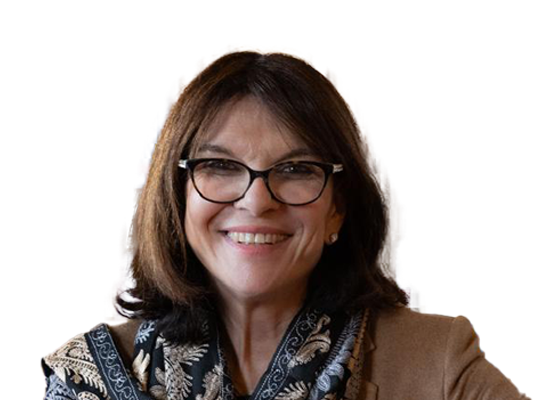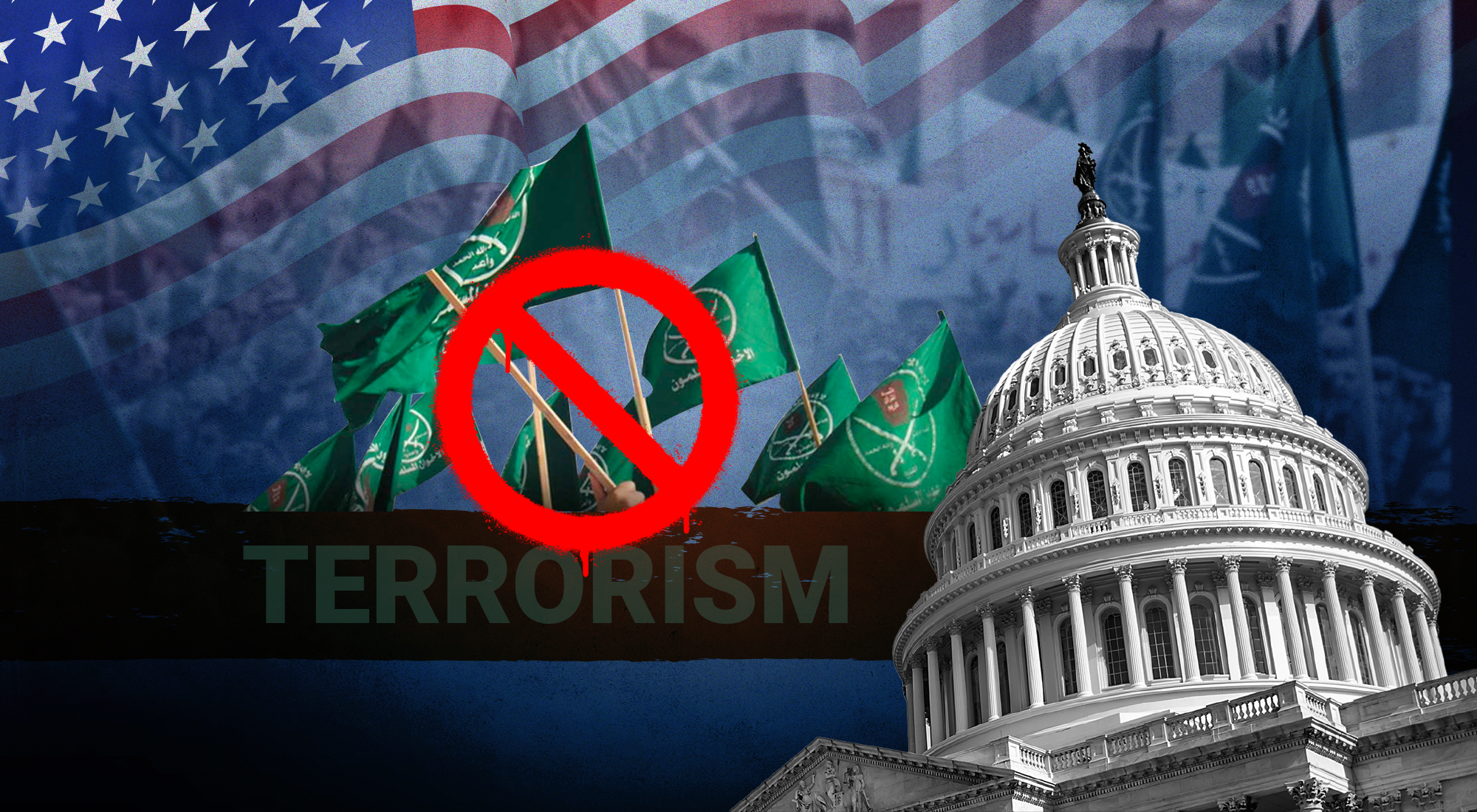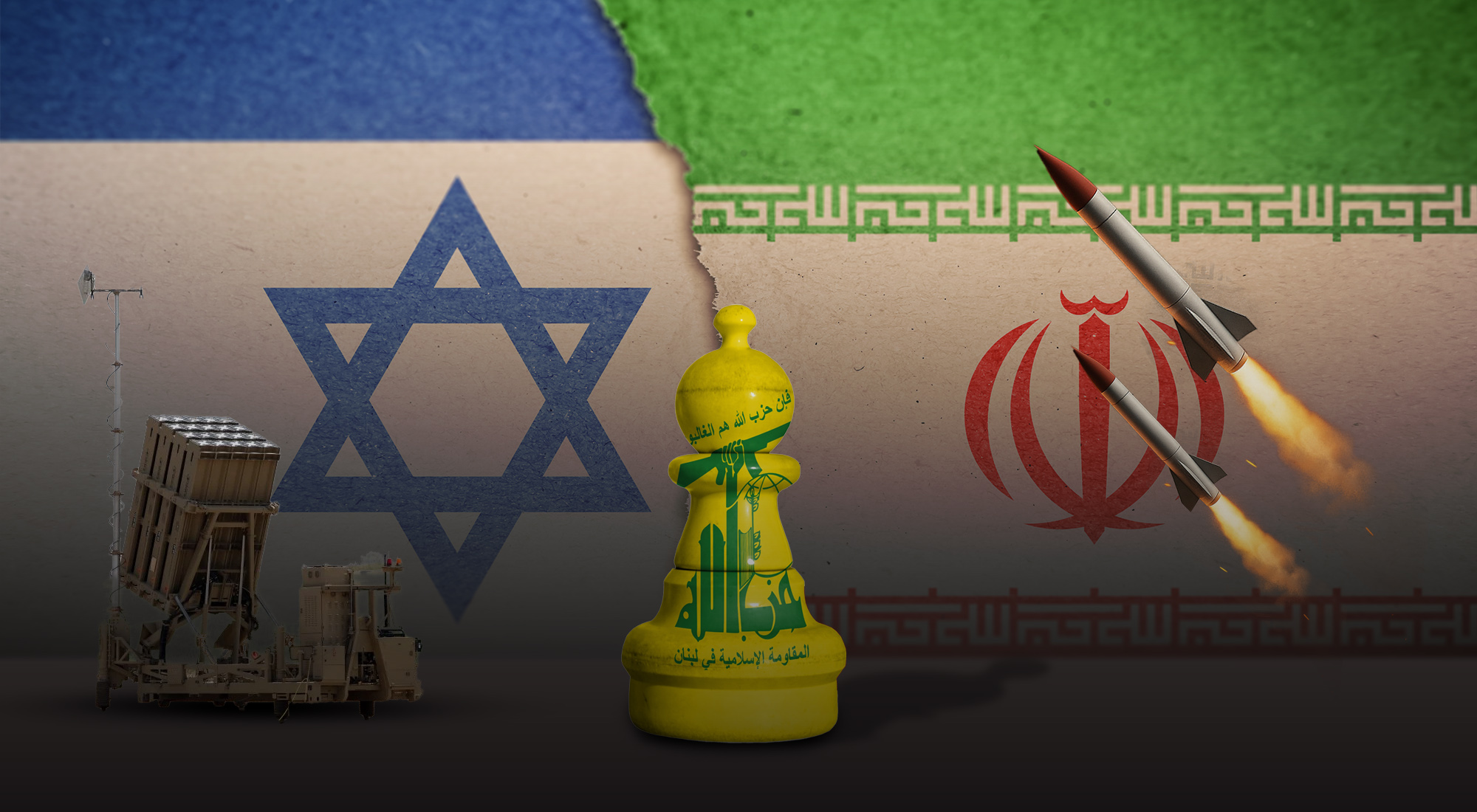The French government’s recent decision to launch an investigation into the Muslim Brotherhood marks a significant turning point in its approach to foreign influences. This move comes amidst growing concerns about the group’s potential threat to the Republic’s core values of secularism and social cohesion.
A Response to Long-Standing Concerns
The investigation follows a series of strong actions undertaken by the French authorities. Recent measures include the expulsion of hate preachers and the ban on the abaya in schools, both spearheaded by the Ministers of Interior and Education, respectively. While the subject of foreign influences obsesses the political spheres on the eve of the European and American elections, these actions reflect a growing recognition of the need to address foreign ideologies that challenge the Republic’s principles.
This mission is not simply a response to recent events. It represents the culmination of years of efforts by various actors, particularly within the French Senate, which has consistently called for greater vigilance against those perceived as “enemies of the Republic”. This mission, entrusted to Prefect Courtade and Ambassador Gouyette, an expert, signifies the government’s commitment to conducting a thorough and informed investigation.
The Growing Threat of Extremism
The investigation delves into the rise of anti-Semitic acts and the perceived weakening of Republican principles within French society. The recent war in Gaza is seen as having further exacerbated this trend.
One key concern is the increasing boldness with which young people challenge secularism. Such actions represent a deliberate strategy to undermine the Republic’s foundations. This “frigid ideology” is insidious and pervasive, slowly eroding societal values. Their strategy is to weaken the Republic by attacking its foundations, first and foremost the education system and secularism. The idea spreads like so many fine particles, impalpable, pressed, and invisible, but which are digested faster, almost without our knowledge.
A History of Warning Signs
There is a need to address the long-term threat posed by the Muslim Brotherhood. What is the state of the threat? For a long time, there have been consistent warnings to successive governments about the dangers of complacency and naivety in the face of this ideology. Issues such as community lists, elections, and the debate on virginity certificates are examples of how this ideology has permeated French society. The situation in France and other democracies is in peril from the constant diffusion of this ideology that threatens our societies.
The recent law reaffirming the prohibition of virginity certificates is seen as a positive step, demonstrating the Republic’s ability to resist certain pressures. However, it also underscores the seriousness of the situation where such legislation becomes necessary. France also needs a law to protect doctors, who are threatened when they do not want to issue these certificates of shame and contempt for women’s dignity.
Combating the Muslim Brotherhood’s Influence
The danger of the Muslim Brotherhood is a reality, and containment of its influence is a central objective of the investigation. This includes identifying and dismantling their financial networks, ensuring collaboration with European partners for a unified approach, and closely monitoring fundraising activities.
The mission also has to stem the financing networks of associations and foundations and ensure European harmonization of controls through checks on fundraising: A controversial fundraising organization known for its links with the Muslim Brotherhood is worth noting. Their “tax collection” took place throughout Paris with announcements for donations. It highlights the potential misuse of donations and the need for stricter controls. It is a safe bet that this money was used for propaganda in Africa and that the money collected in France is used to fight our armies on the spot and to spread anti-French sentiment.
Social media and media outlets like the Euro Fatwa are also seen as key tools for spreading extremist ideology. This application distills antisemitism and separatism with impunity. An action by British lawyers allowed some moderation, but the application remains one of the most downloaded ones. There is a lack of effective action against such platforms, despite previous attempts to curb their influence. In conclusion, the awareness expressed is that the Muslim Brotherhood networks pose a threat to France and Europe, and the fight against separatism and the enemies of the Republic must be a priority.
Prioritizing Security and National Unity
The investigation ultimately aims to prioritize the fight against separatism and the protection of the Republic. It is difficult to overemphasize the distinction between this effort and any attempt to target the religion of Islam itself. The government is committed to upholding freedom of worship for all faiths. The focus is solely on those few hundred individuals identified as a threat to national security and the well-being of all French citizens, including its Muslim community. As the host to the largest community of Muslims in Europe, France’s Ministry of Interior has devoted significant funds to the security of mosques.
Conclusion: A Crucial Step Towards a More Secure Future
France’s decision to launch an investigation into the Muslim Brotherhood represents a critical juncture in its stance against foreign influences and a step towards addressing this potential threat. This move underscores the government’s commitment to safeguarding the Republic’s core principles of secularism and social cohesion in the face of mounting concerns. It is not merely a response to recent events but a culmination of years of advocacy for greater vigilance against perceived threats to national unity. By confronting these issues head-on, the government aims to safeguard the Republic’s core values and ensure a more secure and unified future for its citizens.
The investigation aims to address the growing threat of extremism by identifying and dismantling financial networks, collaborating with European partners, and monitoring fundraising activities. Additionally, efforts to combat extremist ideology that spreads through social media and other platforms underscore the need for a unified approach. Importantly, this endeavor prioritizes security and national unity while upholding freedom of worship for all faiths, emphasizing that the focus lies on safeguarding citizens, including the Muslim community, from those identified as threats to national security. As France navigates this complex landscape, it reaffirms its commitment to protecting the Republic and its values against internal and external challenges.








